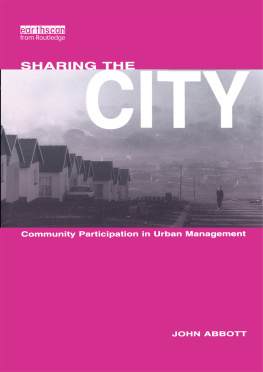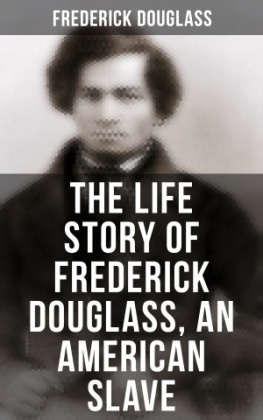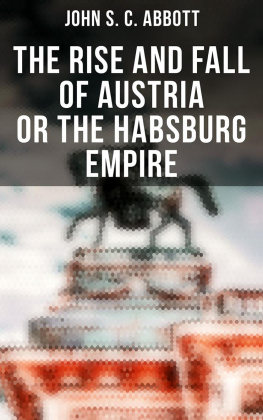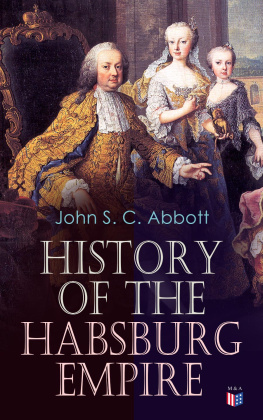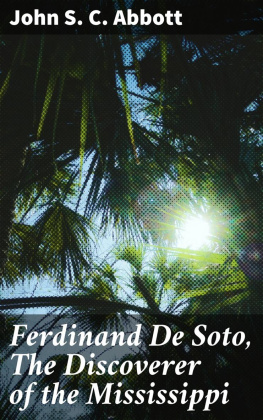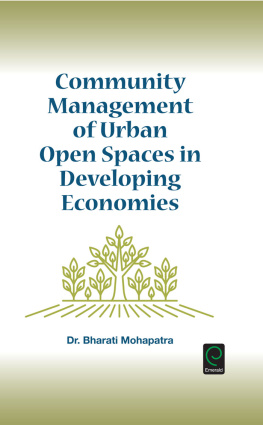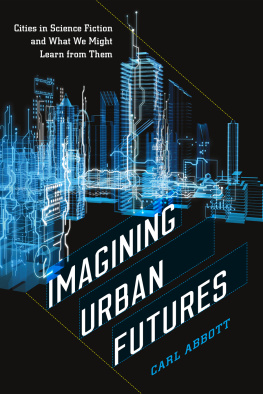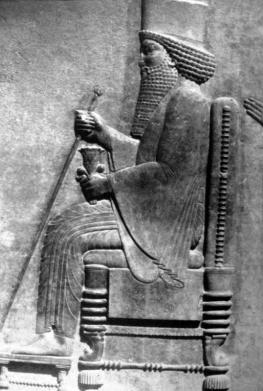John S. C. Abbott - Sharing the City: Community Participation in Urban Management
Here you can read online John S. C. Abbott - Sharing the City: Community Participation in Urban Management full text of the book (entire story) in english for free. Download pdf and epub, get meaning, cover and reviews about this ebook. year: 1996, publisher: Routledge, genre: Politics. Description of the work, (preface) as well as reviews are available. Best literature library LitArk.com created for fans of good reading and offers a wide selection of genres:
Romance novel
Science fiction
Adventure
Detective
Science
History
Home and family
Prose
Art
Politics
Computer
Non-fiction
Religion
Business
Children
Humor
Choose a favorite category and find really read worthwhile books. Enjoy immersion in the world of imagination, feel the emotions of the characters or learn something new for yourself, make an fascinating discovery.
- Book:Sharing the City: Community Participation in Urban Management
- Author:
- Publisher:Routledge
- Genre:
- Year:1996
- Rating:3 / 5
- Favourites:Add to favourites
- Your mark:
- 60
- 1
- 2
- 3
- 4
- 5
Sharing the City: Community Participation in Urban Management: summary, description and annotation
We offer to read an annotation, description, summary or preface (depends on what the author of the book "Sharing the City: Community Participation in Urban Management" wrote himself). If you haven't found the necessary information about the book — write in the comments, we will try to find it.
John S. C. Abbott: author's other books
Who wrote Sharing the City: Community Participation in Urban Management? Find out the surname, the name of the author of the book and a list of all author's works by series.
Sharing the City: Community Participation in Urban Management — read online for free the complete book (whole text) full work
Below is the text of the book, divided by pages. System saving the place of the last page read, allows you to conveniently read the book "Sharing the City: Community Participation in Urban Management" online for free, without having to search again every time where you left off. Put a bookmark, and you can go to the page where you finished reading at any time.
Font size:
Interval:
Bookmark:
CITY

Earthscan
2 Park Square, Milton Park, Abingdon, Oxon OX14 4RN
711 Third Avenue, New York, NY 10017
Practitioners and researchers must always rely on their own experience and knowledge in evaluating and using any information, methods, compounds, or experiments described herein. In using such information or methods they should be mindful of their own safety and the safety of others, including parties for whom they have a professional responsibility.
ISBN 13: 978-1-85383-328-1 (pbk)
| AHC | Amsterdam Home Committee |
| AKRSP | Aga Khan Rural Support Programme |
| ANC | African National Congress |
| BESG | Built Environment Support Group |
| CBO | Community-based organization |
| COSATU | Congress of South African Trade Unions |
| CUAVES | Comunidad Urbana Antogestionaria de Villa El Salvador |
| FUNDASAL | Salvadorean Foundation for Development and Low-Cost Housing |
| IDT | Independent Development Trust |
| IFP | Inkatha Freedom Party |
| IIED | International Institute for Environment and Development |
| ILGS | Institute for Local Government Studies |
| ILO | International Labour Organization |
| IMF | International Monetary Fund |
| NGO | Non-governmental organization |
| NUM | National Union of Mineworkers |
| ODA | Overseas Development Administration |
| OECD | Organization for Economic Cooperation and Development |
| PEBCO | Port Elizabeth Black Civic Organization |
| PHC | Primary Health Care |
| PRA | Participatory Rural Appraisal |
| PWV | PretoriaWitwatersrandVereeniging |
| RDC | Reconstruction and Development Committee |
| RRA | Rapid Rural Appraisal |
| SACC | South African Council of Churches |
| SANCO | South African National Civic Association |
| SINAMOS | National System for the Support of Social Mobilization |
| TPA | Transvaal Provincial Administration |
| TRAC | Transvaal Rural Action Committee |
| UN | United Nations |
| UNCHS | United Nations Centre for Human Settlements (Habitat) |
| UNICEF | United Nations Childrens Fund |
| UNRISD | United Nations Research Institute for Social Development |
| WHO | World Health Organisation |
Community Participation
Font size:
Interval:
Bookmark:
Similar books «Sharing the City: Community Participation in Urban Management»
Look at similar books to Sharing the City: Community Participation in Urban Management. We have selected literature similar in name and meaning in the hope of providing readers with more options to find new, interesting, not yet read works.
Discussion, reviews of the book Sharing the City: Community Participation in Urban Management and just readers' own opinions. Leave your comments, write what you think about the work, its meaning or the main characters. Specify what exactly you liked and what you didn't like, and why you think so.

